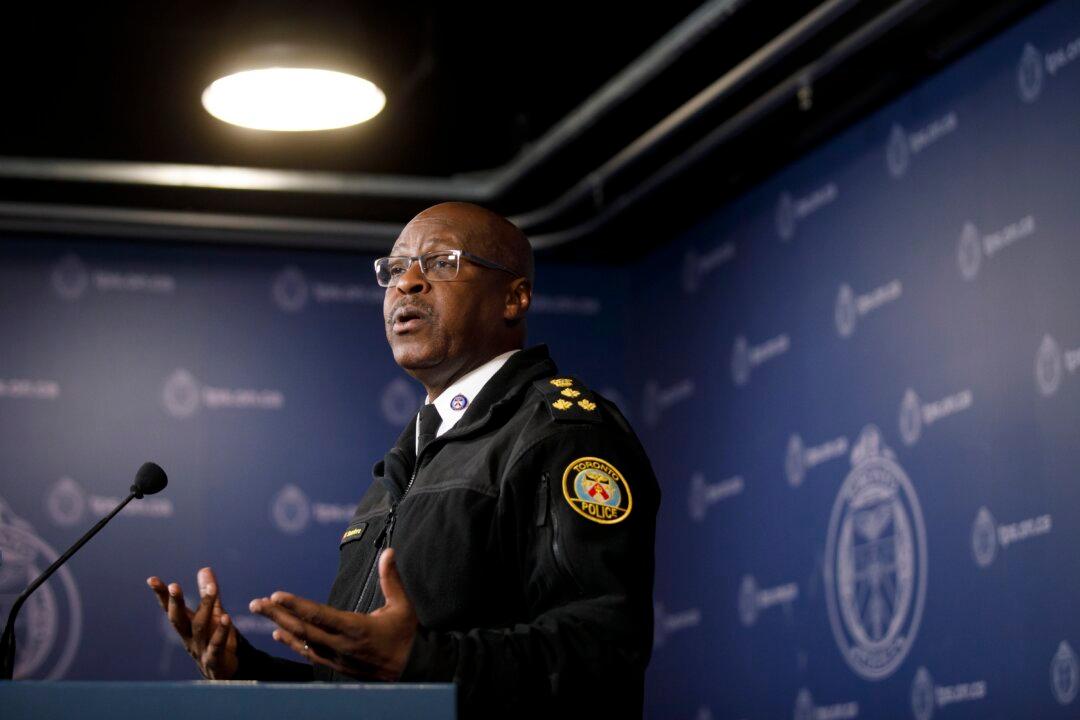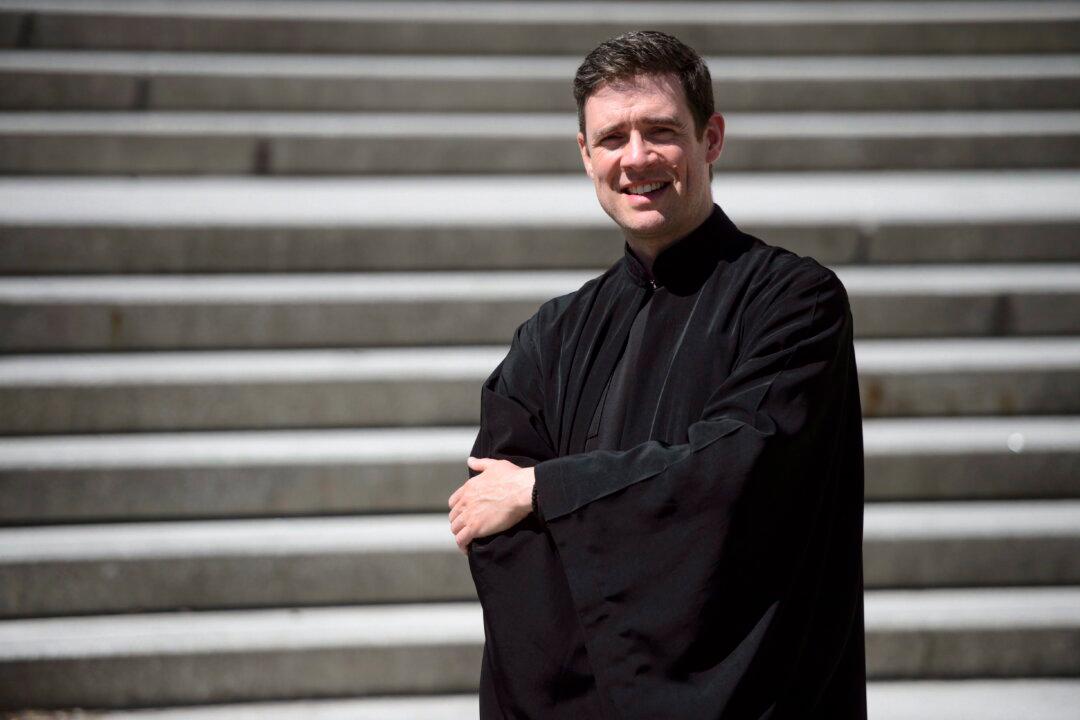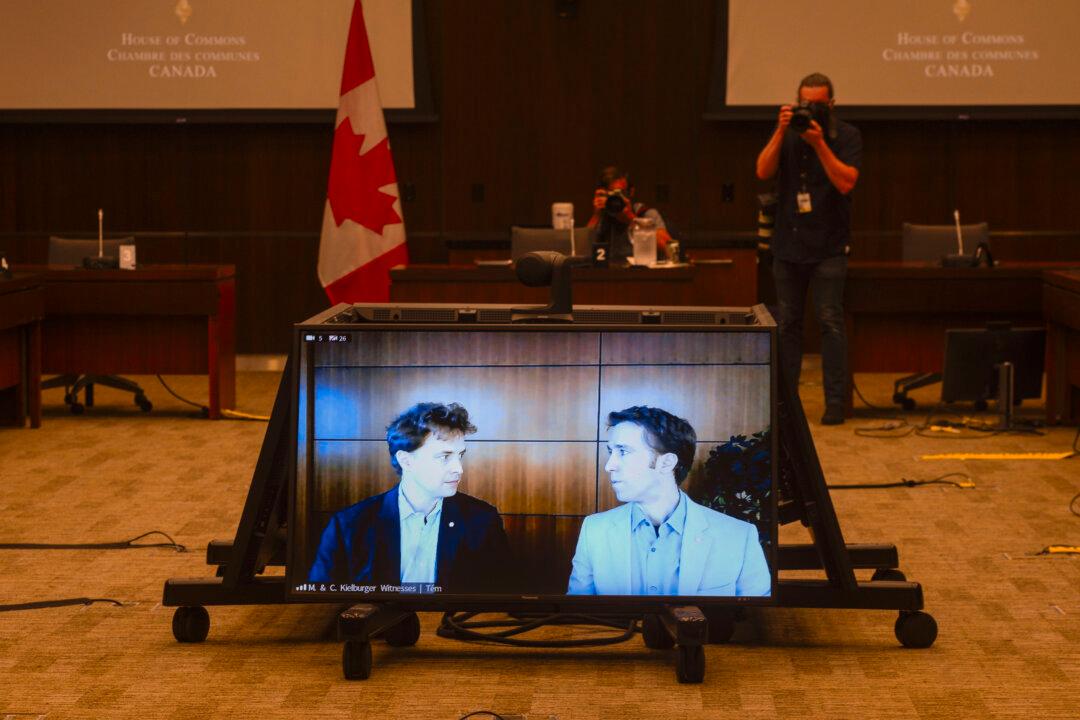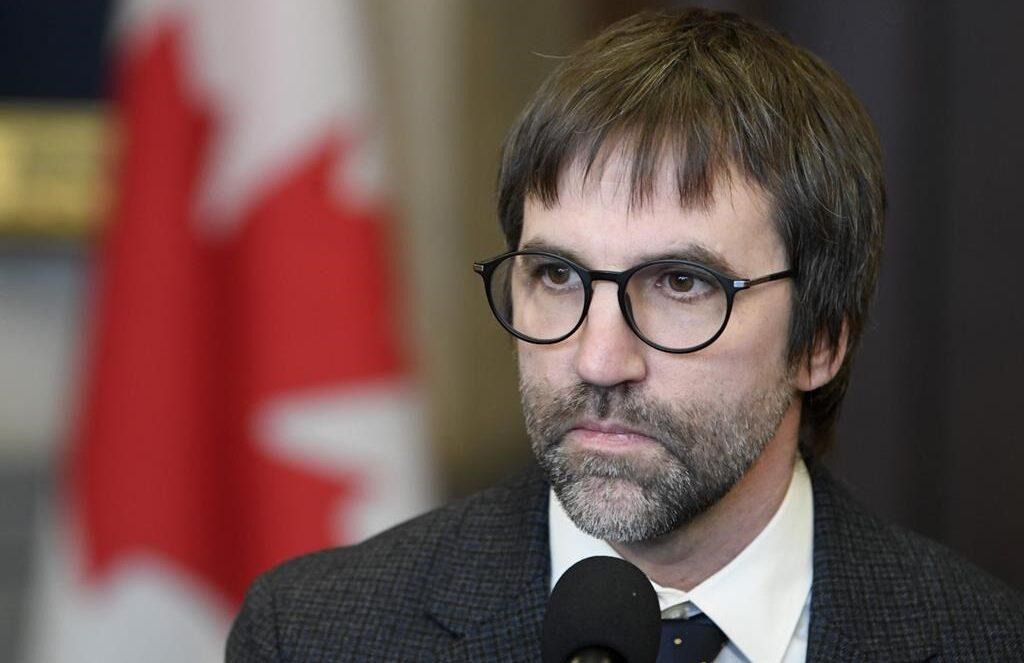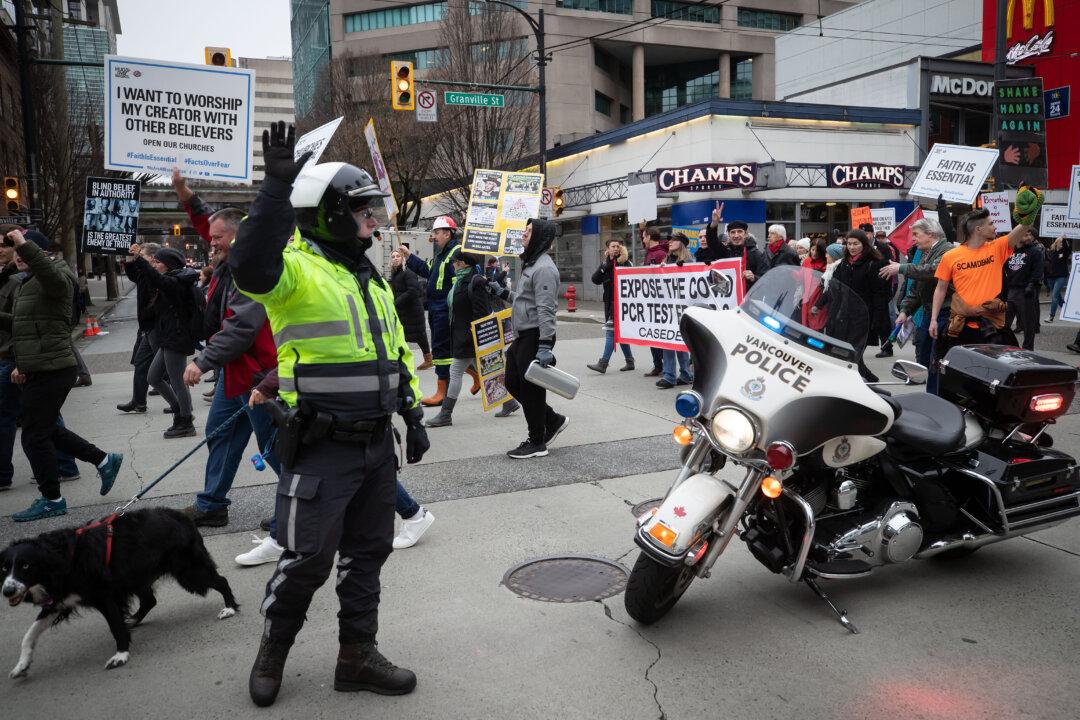Toronto’s police chief says he does not support “arbitrary cuts” to the force’s budget, but does support overhauling how the force deals with those in crisis, in the wake of calls by protesters to defund the police.
Chief Mark Saunders cautions that there is currently no alternative system in place for handling mental health-related calls and says there must be a new plan in place before any reforms take effect.
